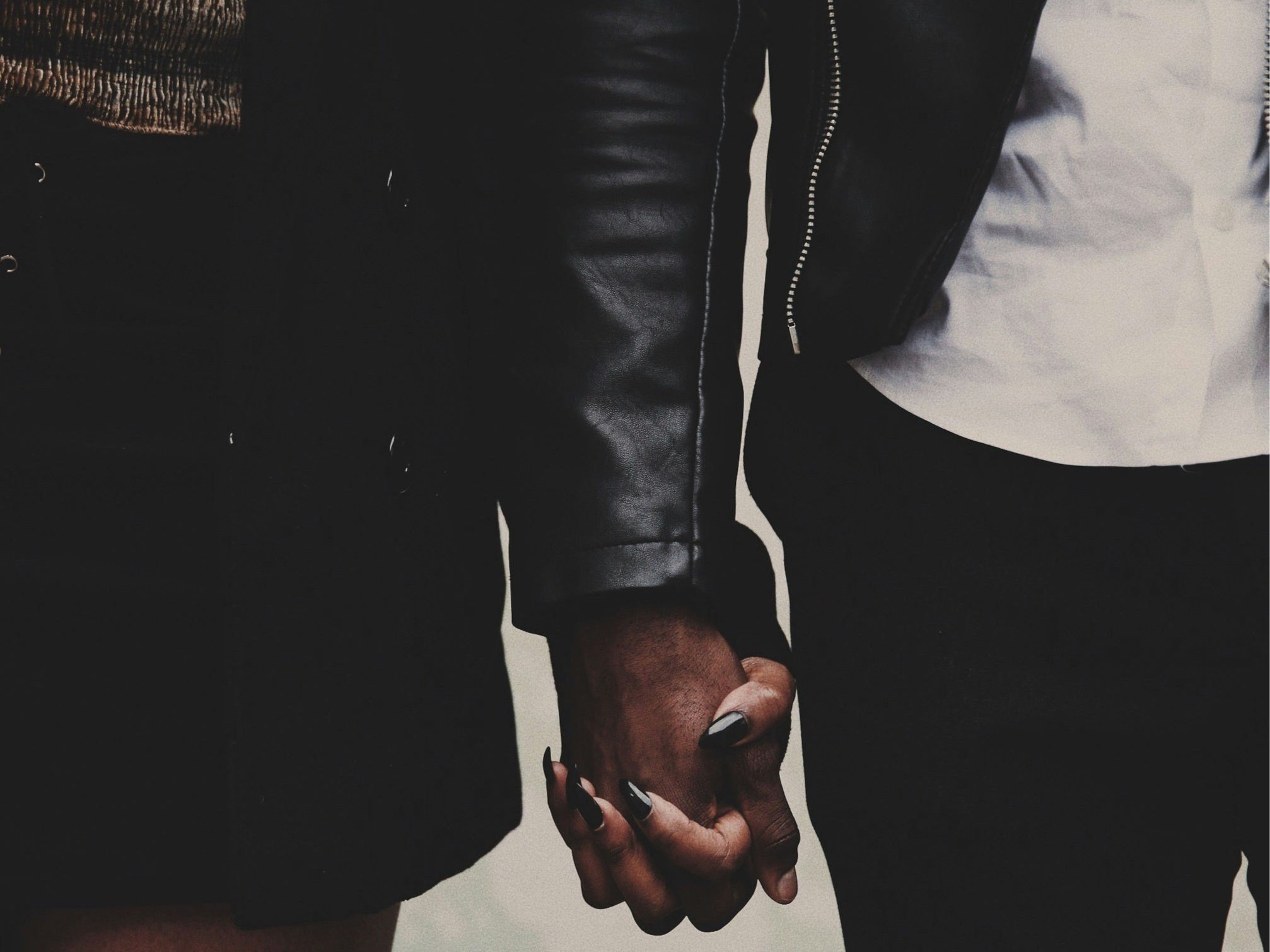Why Are Younger Men Dubbed 'Boys' and Women in Their 30s Called 'Old' in the Black Community?
Photography by Tobe Mokolo
In a recent social media spat, the age-old question of age-related labels resurfaced with notable intensity. Meek Mill, in defense of 26-year-old Christian Combs against comments from rapper 50 Cent, highlighted a pervasive issue within the Black community: the infantilization of young men and the premature aging of young women. Mill’s words shed light on a broader societal phenomenon where young men are often referred to as "little boys," while women, barely stepping into their thirties, are tagged as "old."
This narrative is not confined to celebrity feuds. It seeps into everyday interactions, influencing perceptions and shaping social dynamics. For instance, NBA player Jalen Green, at 22, recently announced he is expecting a child with 39-year-old Draya Michele. The response? Michele was labeled a "predator," and Green, a "little boy," despite both being consenting adults. These labels reflect more than mere words; they reveal deep-seated views on age, maturity, and power dynamics.
But why does this labeling occur? It’s partly due to cultural norms and expectations that assign maturity based on arbitrary age benchmarks, rather than individual development or personal achievements. For men, being called a "boy" can imply they are not yet ready to assume the responsibilities typically expected of "men." For women, the term "old" might suggest a diminishing of relevance or desirability, a particularly harsh judgment in a society that often equates youth with beauty.
These terms also carry implications for how individuals are treated within their communities. Young men treated as boys might find themselves not taken seriously, potentially stunting their professional or personal growth. Similarly, women labeled as old might face social and professional discrimination, impacting everything from career progression to personal relationships.
The use of these labels raises important questions about how the Black community, and society at large, views age and maturity. It calls for a reflection on how we define these concepts and the impact of our words on individual identity and self-esteem. As we move forward, it's crucial to challenge these norms, encouraging a culture that respects and acknowledges each person’s stage in life without diminishing their worth or capabilities.
Adding to the complexity of this issue is the way in which calling men "boys" can serve as a mechanism to downplay or dismiss their actions, particularly in the context of their interactions with women. This labeling can act as a shield, obscuring accountability and allowing unacceptable behaviors to be swept under the rug under the guise of youthful ignorance or immaturity. This not only hampers the personal development of these men but also perpetuates a cycle where they struggle to fully mature, trapped in a limbo of extended adolescence. The consequence is a disconnect in their relationships and social responsibilities, where they are often still treated as boys when it comes time to face the consequences of their actions. This cultural tendency undermines the seriousness of their responsibilities and actions, especially in relationships with women, impacting the entire fabric of community interactions and expectations.

